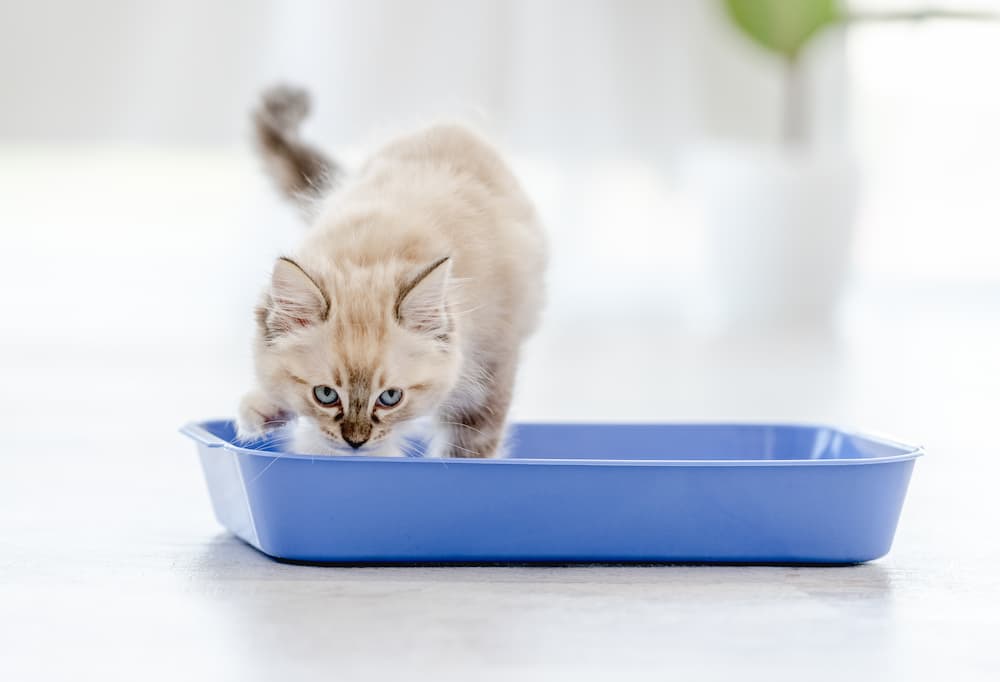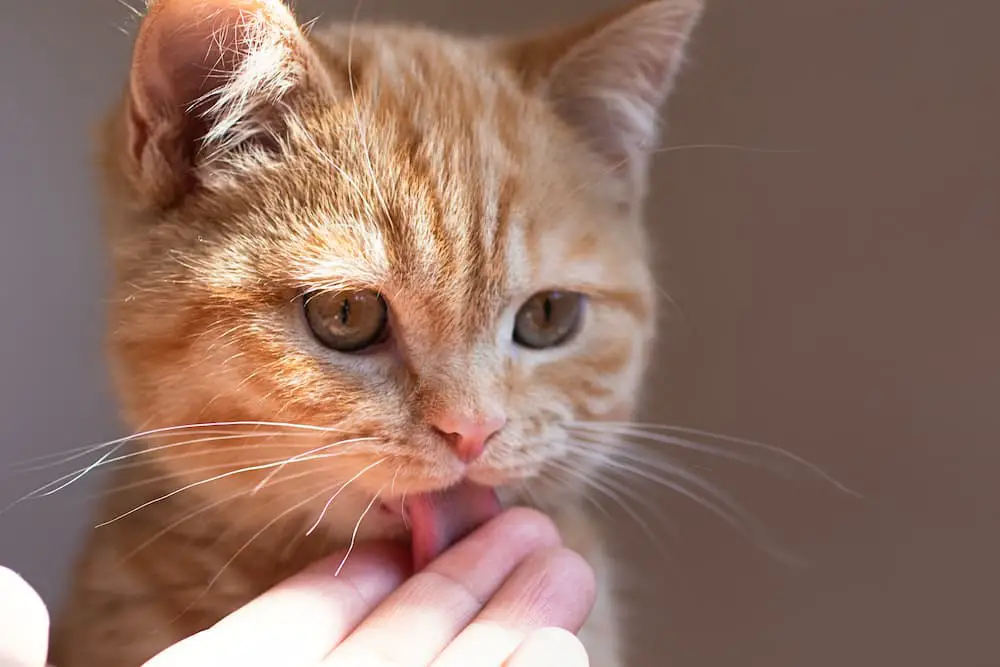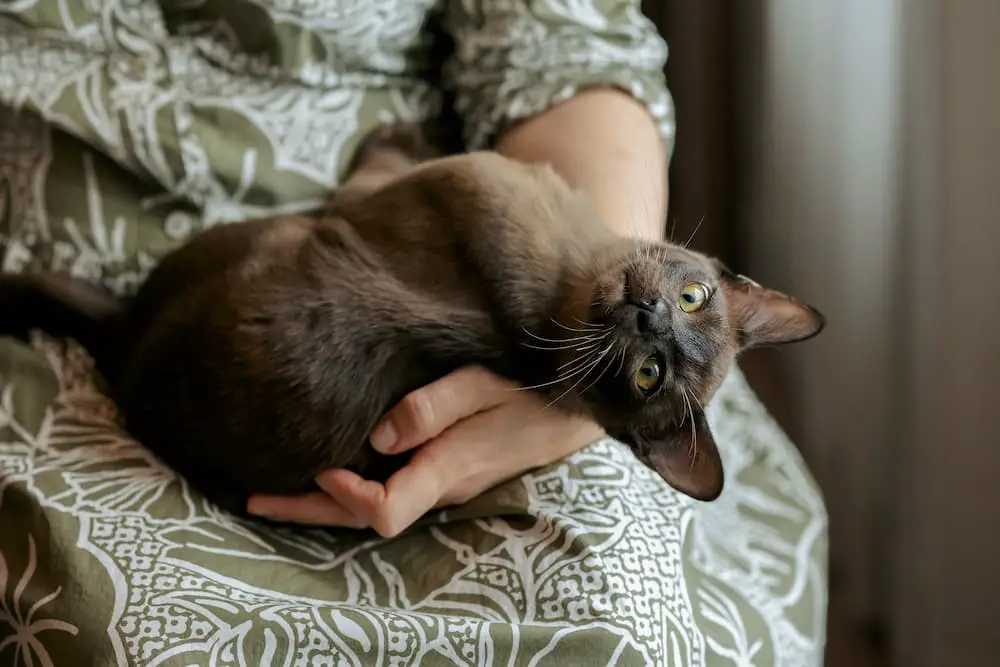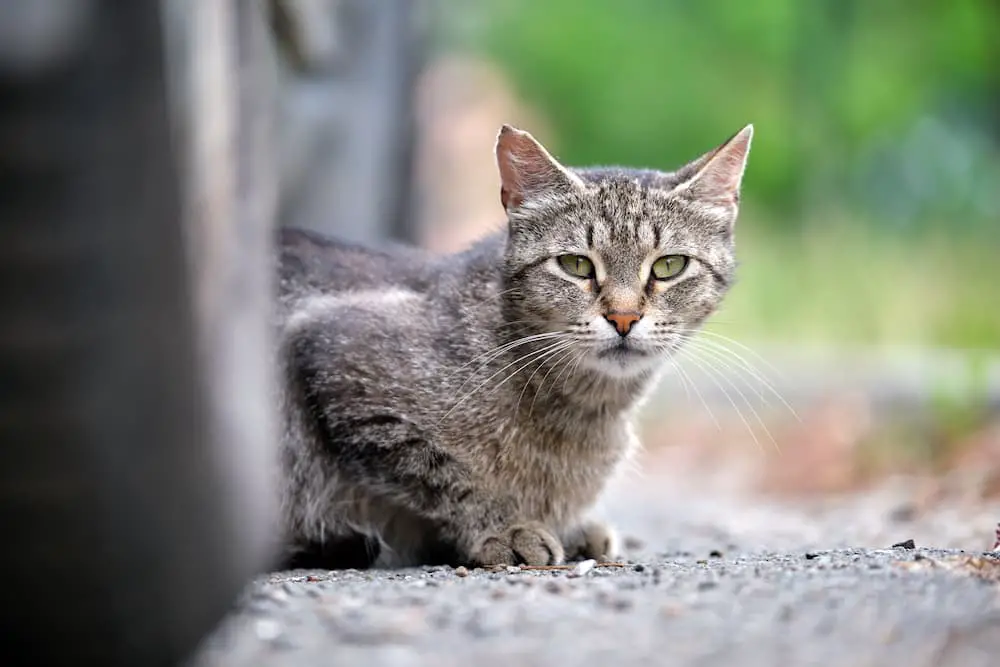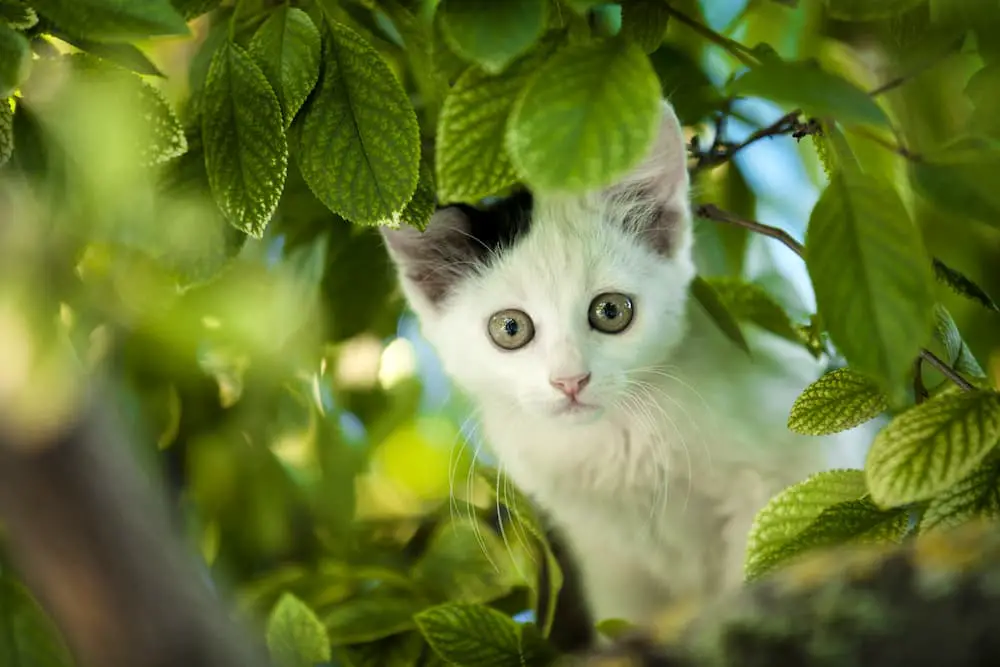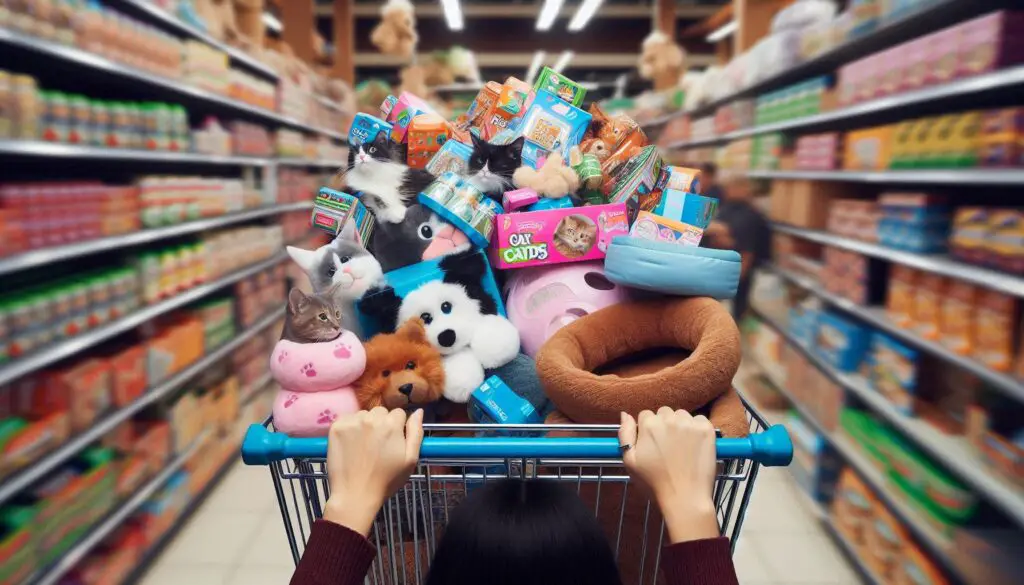 This is something we’ve suspected all along, but according to new research in the Journal of Feline Medicine and Surgery, cats – particularly those that are kept strictly indoors – need to be intellectually stimulated. And, it turns out, having them work for their food by solving puzzles is good for them both physically and emotionally! In the study, researchers from the University of California, Berkeley compiled case studies on 30 cats with a range of health and behavioral issues and found that simply making them work for their food alleviated many of these problems. Examples include an obese 8-year-old cat who lost 20% of his bodyweight within 12 months of puzzle implementation; a 3-year-old British Shorthair, whose aggression toward his owner instantly improved and resolved completely within 6 months; and a 2-year-old cat whose fear of people (his owners included) significantly improved following the addition food puzzles, to the point that he would come when called and was relaxed for cuddles.
This is something we’ve suspected all along, but according to new research in the Journal of Feline Medicine and Surgery, cats – particularly those that are kept strictly indoors – need to be intellectually stimulated. And, it turns out, having them work for their food by solving puzzles is good for them both physically and emotionally! In the study, researchers from the University of California, Berkeley compiled case studies on 30 cats with a range of health and behavioral issues and found that simply making them work for their food alleviated many of these problems. Examples include an obese 8-year-old cat who lost 20% of his bodyweight within 12 months of puzzle implementation; a 3-year-old British Shorthair, whose aggression toward his owner instantly improved and resolved completely within 6 months; and a 2-year-old cat whose fear of people (his owners included) significantly improved following the addition food puzzles, to the point that he would come when called and was relaxed for cuddles.
Research has long shown that cats are natural hunters, so it shouldn’t come as a surprise that cats who are deprived of the ability to hunt for their meals might develop some behavioral problems. It’s encouraging to know that simply allowing your cat to hunt for his meals can reverse many of those issues.
 There are many types of food puzzles available including simple treat balls your cat can bat around the house, DIY puzzles you can make yourself, and (our favorite), the NoBowl Feeding System invented by veterinarian Dr. Liz Bales.
There are many types of food puzzles available including simple treat balls your cat can bat around the house, DIY puzzles you can make yourself, and (our favorite), the NoBowl Feeding System invented by veterinarian Dr. Liz Bales.
Are you ready to enrich your cat’s life and get started with food puzzles? Check out this PDF for some tips and suggestions!

